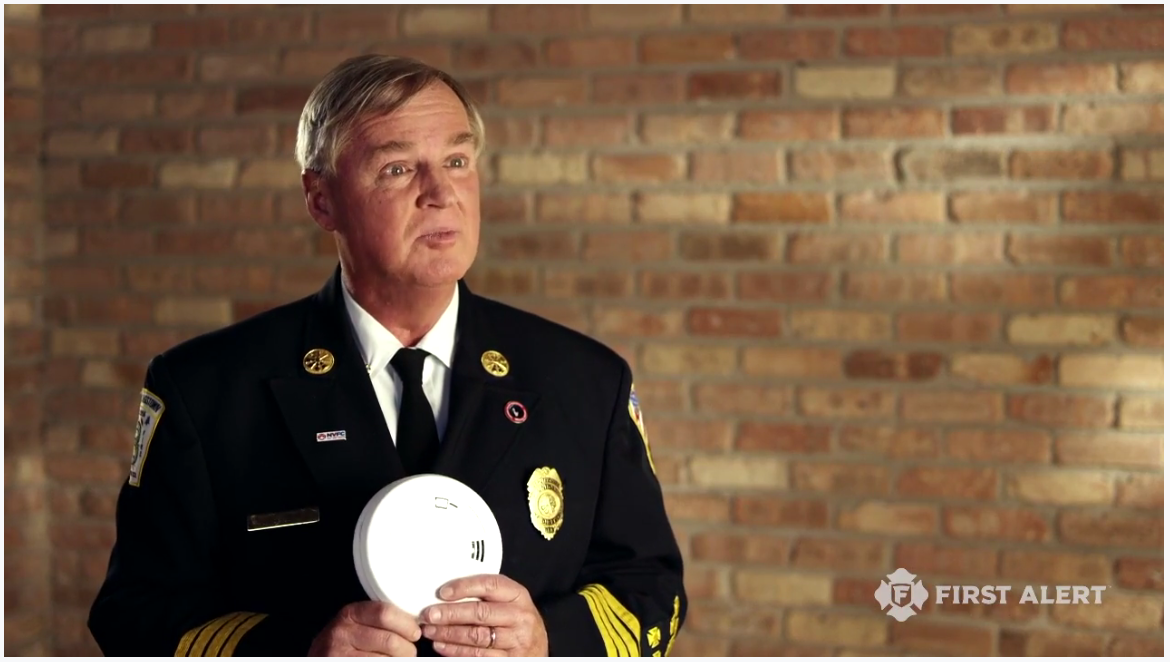Fire Prevention Month (and week) raises awareness about fire safety and home safety to help ensure your home and family are prepared in the case of an emergency. This is a perfect time to discuss fire safety with your family. Every family’s safety plans will differ from the next, that is why it is important to sit down with your whole family and plan your home’s fire safety plans.
In 1922, the National Fire Protection Association named the second week in October Fire Prevention Week in commemoration of the Great Chicago Fire in 1871. Today, we celebrate Fire Prevention Week and Month by raising awareness and educating families, students and communities across the United States. Fire departments go around to schools and communities to talk to kids and teach them about fire safety and what to do to keep your home safe and what to do in case of a fire.
- According to the NFPA*, in 2016 there were 352,000 home fires, and 3 out of 5 fire deaths occurred in homes without smoke alarms.
- Less than 50% of homeowners have an escape plan.
- Carbon monoxide is the #1 cause of accidental death.
These facts and statistics are reasons why your home needs to be equipped with the proper amount of fire safety equipment and alarms. Fire Prevention Month is a great time to kick start your families commitment to fire safety!
This year’s FPW campaign, “Look. Listen. Learn. Be aware. Fire can happen anywhere,” works to educate people about three basic but essential steps to take to reduce the likelihood of having a fire––and how to escape safely in the event of one:
LOOK
Look for places fire could start. Take a good look around your home. Identify potential fire hazards and take care of them.
LISTEN
Listen for the sound of the smoke alarm. You could have only minutes to escape safely once the smoke alarm sounds. Go to your outside meeting place, which should be a safe distance from the home and where everyone should know to meet.
LEARN
Learn two ways out of every room and make sure all doors and windows leading outside open easily and are free of clutter.
Visit: https://www.nfpa.org/Public-Education/Campaigns/Fire-Prevention-Week/About
10-Year Battery Alarms
Forgetting to monitor the batteries in your smoke alarm or carbon monoxide alarm is a common error that could have major repercussions. This is why 10-year battery-operated alarms continue to gain popularity. With battery-operated smoke alarms, it is recommended that batteries are replaced every six months. However, with 10-year battery-operated smoke alarms, you can rest assured knowing that 10-year sealed battery offers continuous power for the life of the alarm.

